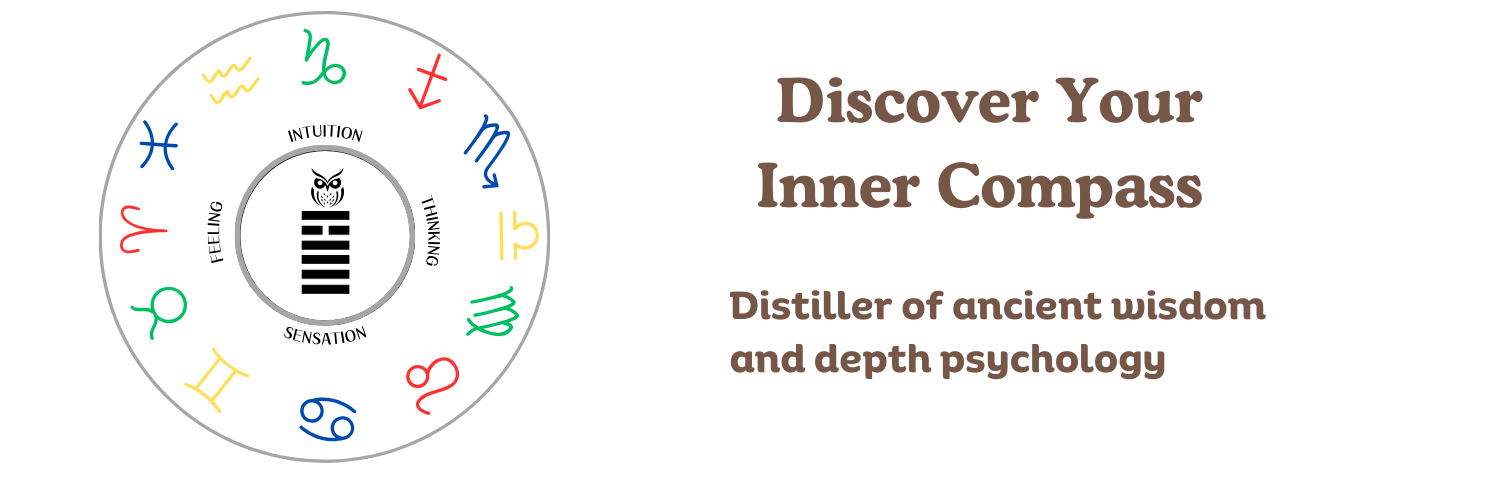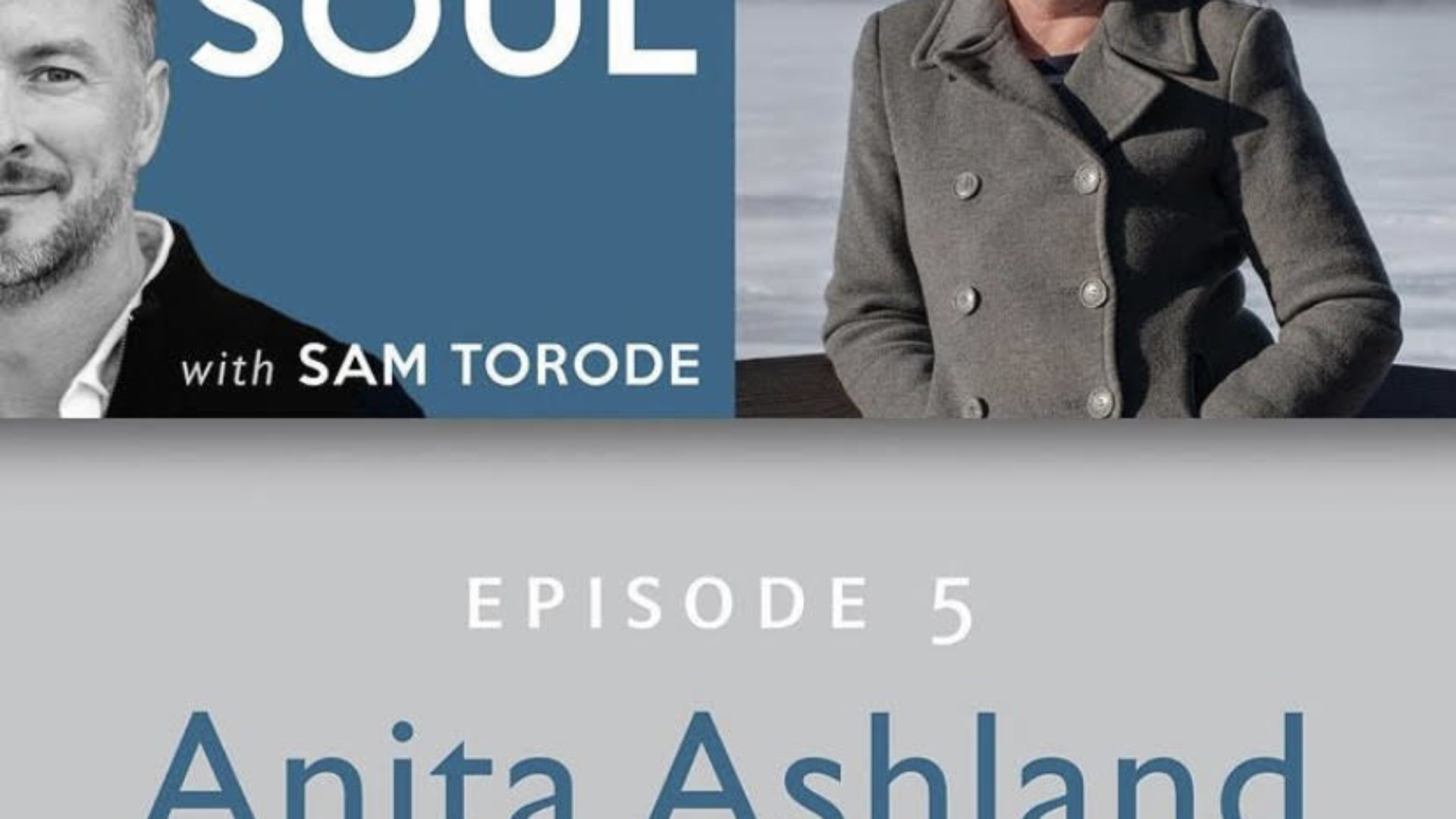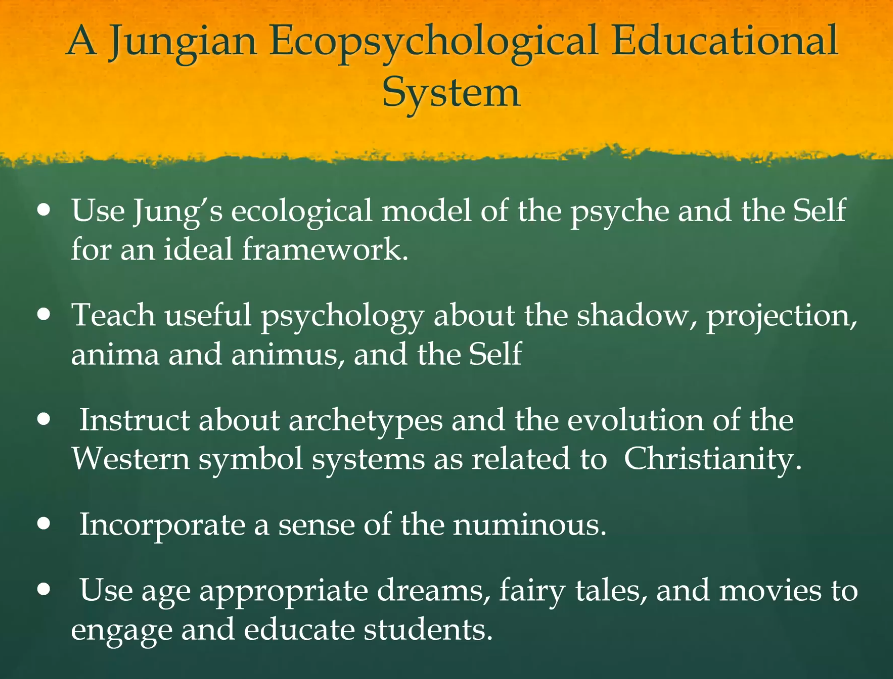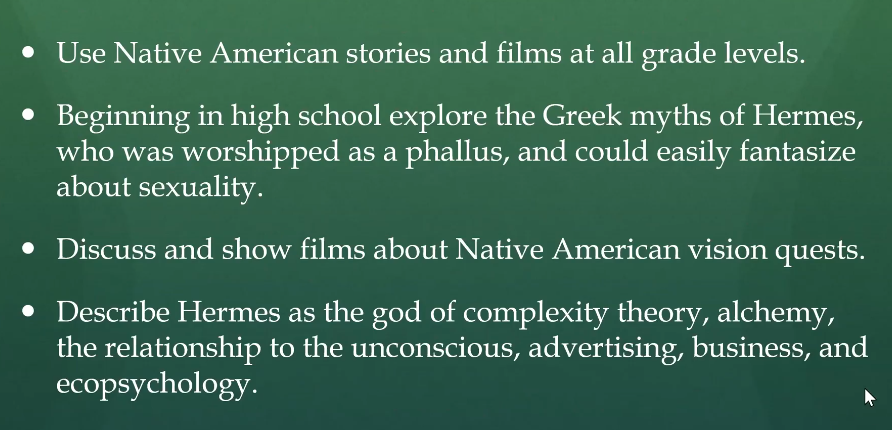On your way to an enlightened destiny
Quite often progress is gradual and incremental and most noticeable in retrospect.
Sometimes it’s circular like a mandela and the difficulty of going backwards can be the path to progress.
Kind of like how I recently switched my pickleball serve to a volley serve, which is ultimately a more powerful and effective one, but in the short term I’m now missing a couple of serves each game as I make the transition.
But none of that is what Hexagram 35: Progress in the I Ching, an ancient book of Chinese wisdom, is about.
Here it’s about rapid, easy progress.
We’ve contemplated the people and fostered enthusiasm within them with the intent of creating meaningful change.
Now that change is here.
The image of Hexagram 35: Progress is the sun rising over the earth.
The sun represents clarity and spreads its rays over a large area. The I Ching compares this to the clarity of vision of a leader who is both an “enlightened ruler and an obedient servant” all at once.
That combination isn’t always so present in the leaders of our society today. But we can cultivate it within ourselves.
How so? R.L. Wing gives some practical advice in his I Ching translation: “Communication is now of vast importance during a time of rapid PROGRESS. It is wise for you to stay in close touch with all levels of your social world. Monitor the needs of others and be supportive of progressive improvements. Take an active part in the affairs of society now in order to refine and enhance your inner worth.”
How appropriate that this takes place in airy and social Gemini season.*
Once again this brings to mind the extraverted feeling function, which Dario Nardi calls the “friendly hosting” function: “Empathically respond to others’ needs and values, and take on their needs as your own. Check for respect and trust. Give and receive support to grow closer to people.”
All of us have access, in varying degrees, to extraverted feeling. It is one of the eight energy pathways of our personality types.
We all have a Gemini area of life, too, as represented in the natal chart. It’s being lit up right now by the transiting Sun and will more naturally be an area of focus for you, even if you don’t have natal planets here.
Wing says that taking an altrustic approach and becoming influential with people helps us progress in our inner development. If you can progress in both your relationship with yourself and with others “you are on your way to an enlightened destiny.”
________
*The 64 hexagrams of the I Ching are arranged along the ecliptic (the celestial equator) in Human Design. In astrology there are 12 zodiac signs along the ecliptic, so there are 5.3 hexagrams per zodiac sign. I’m contemplating these hexagrams as a way to engage with astrology, the I Ching, and Jungian psychology.
To receive my blog posts by email, please click here to subscribe.
References:
I Ching or Book of Changes translated by Richard Wilhelm
The I Ching Workbook by R.L. Wing










